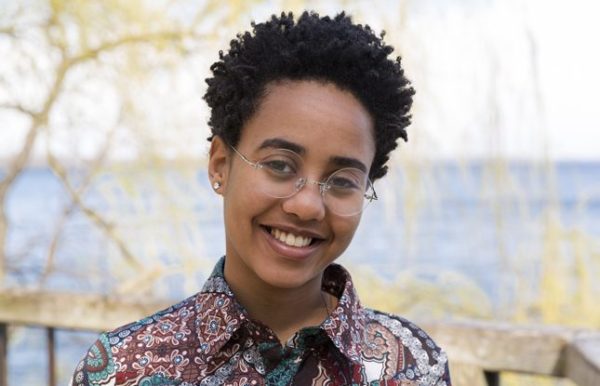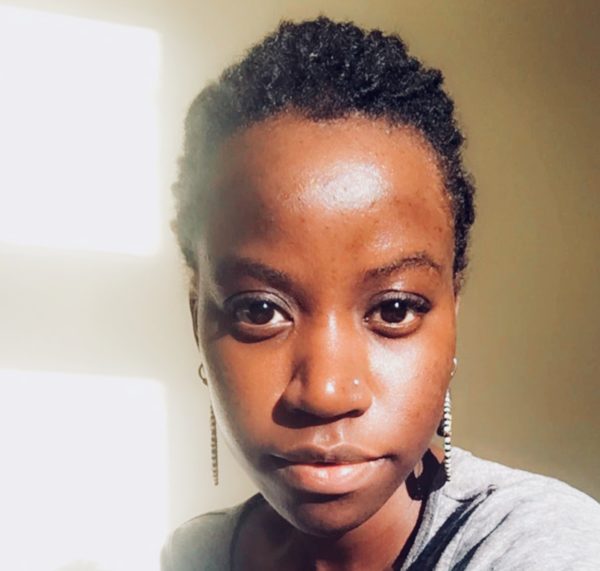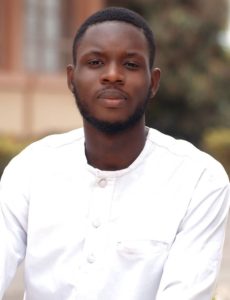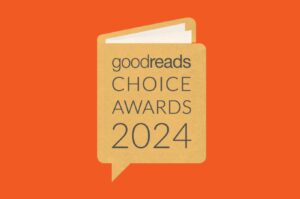
Last week, we announced our inaugural Brunel Prize Poems Review Series. Our reviews of the poems shortlisted for the 2018 Brunel International African Poetry Prize began with readings of entries by Nour Kamel and Gbenga Adeoba. It continues with readings of entries by Hiwot Adilow and Michelle Angwenyi, by Brittle Paper writer Kanyinsola Olorunninsola.
HIWOT ADILOW
Hiwot Adilow is an Ethiopian-American poet and singer from Philadelphia. She is a member of the First Wave Hip Hop and Urban Arts Learning Community at the University of Wisconsin-Madison. Her poetry appears or is forthcoming in Nepantla, Winter Tangerine, Vinyl Poetry and Prose, and elsewhere, and has been anthologized in The BreakBeats Poets Vol 2.0: Black Girl Magic (Haymarket Books, 2018). Hiwot is author of the chapbook In The House of My Father (Two Sylvias Press, 2018).
On “The Night My Father Was Robbed,” “one night’s pleasure is a lifetime’s pain,” and “according to their names”
I look behind me
& name Ethiopia the promised land.
I relay its myths, nod along to dead prophecies.
I read half a halfverse about Rastas & thought,
if someone calls a country heaven it must be so.
Who first called the country I was born in paradise?
Who first referred to America as a dreamscape?
In “The Night My Father Was Robbed,” the Ethiopian-American Adilow represents how a singular event can lead one on a seemingly endless journey into the realm of memory and history. From the robbery of her father, she interrogates the extent to which persons with hyphenated identities can claim agency; the length to which they can call home home. She questions the validity of the American dream, how it is built on Native blood and the sweat of stolen black bodies.
In “one night’s pleasure is a lifetime’s pain,” Adilow gives an account of diving head-first into a romance, knowing fully well of its dangers. Opening with a rather glum confession of the fear of being taken by force, she discusses the equally-terrifying aftermath of willingly accepting the offering of love—whether it is “theatre or threat.” It is as relatable as it is eerie. We are observing familiar phenomenon through weird eyes. She is both captor and captured, a contradiction which only begins to make sense when one admits the fickleness of love:
it’s hard to deny my body its little deaths if we’re making promises
let’s keep promises babe I want to wake up & fit in the world
& not have it gnaw–that isn’t a futile charge the little crook of earth
“according to their names” is a wild challenge. Its purposeful lack of punctuation or spacing leaves it open to multiple manners of engagement. While it does indeed make for a difficult read, it forces one to search for meaning without the crutches of grammatical correctness.
Read the three poems HERE.

MICHELLE ANGWENYI
Michelle Angwenyi is a Kenyan, from Nairobi. Her work attempts to investigate time and memory, and is inspired by childhood, dreams, and music from all over Africa, particularly from the seventies and eighties. Her poems have been published in Enkare Review, and she has fiction forthcoming in Short Story Day Africa’s ID anthology. Michelle would one day like to write something about birds. She is currently doing an MPhil in Zoology at the University of Cambridge.
On “the alignment of voids,” “There is no bougainvillea on Haile Selassie Avenue,” and “under the roof”
This is what it means to document hope:
that the page always remains some form of blank.
Angwenyi welcomes us sullenly to the home of time and memory. She houses us under her roof, teaches us about the alignment of voids. She speaks of growing content with loss and the inevitability of spaces left behind. She learns to accept the truth of empty streets and dead, flowerless trees as collateral damage – evidence of time’s inglorious habit of taking away beautiful things.
The most captivating thing about “There is no bougainvillea on Hailee Selassie Avenue” is that the poem spends most of its lines talking about an actual bougainvillea on Hailee Selassie Avenue. Angwenyi appears to have a frank conversation with memory personified. Her memory.
“Under the roof” is a complex examination of femininity. It features the discovery of some hidden girls in the house the narrator has lived in presumably all her life. She sees them in the opaque roof and reflective glasses. These girls could be interpreted as her multiple selves, reflections of a complicated yet beautiful being. Each of them is bathed in dusk and is rather formless. Though those selves are not always compatible or harmonious, there is a kind of music to them. Being “the only one who could hear it” hints that the music indeed comes from inside of her.
An alternate interpretation is that the roof symbolizes patriarchy and the girls are socialized to inhabit the house, like they would a prison. They are hidden because society prefers them that way and though they may be dying inside, they are expected to wear “bright clothing,” to present the most beautiful version of themselves to appease the male gaze. But despite the fact that they play the role of society’s expectations of a girl so well, their individuality subtly shines through. They may have the bright dresses and big hair in common, but the music inside each of them differs from the other girl:
I stared at them, and from their movements, the dance movements, the face and hair movements, came this music. I had never heard anything like it before. It was pink, and I was certain I was the only one who could hear it. It did not sound like anything in harmony, anything you could put a score to, but there it was, like two different birds singing to each other through the wind.
Read the three poems HERE.
About the Review:
 Kanyinsola Olorunnisola is a poet, essayist and writer of fiction. He writes from Ibadan, Nigeria. His debut poetry chapbook, In My Country, We Are All Crossdressers, is forthcoming from Praxis Magazine. He is the founder of the literary movement, SPRINNG, Society for the Promotion, Revitalization, and Improvement of the New Nigerian Generation. He loves experimental literature, pop culture, and Nigerian jollof rice.
Kanyinsola Olorunnisola is a poet, essayist and writer of fiction. He writes from Ibadan, Nigeria. His debut poetry chapbook, In My Country, We Are All Crossdressers, is forthcoming from Praxis Magazine. He is the founder of the literary movement, SPRINNG, Society for the Promotion, Revitalization, and Improvement of the New Nigerian Generation. He loves experimental literature, pop culture, and Nigerian jollof rice.









COMMENTS -
Reader Interactions